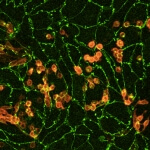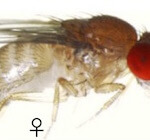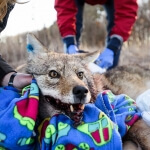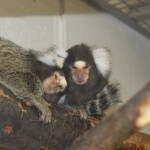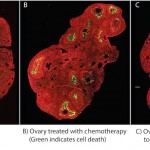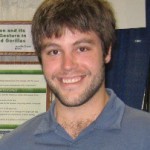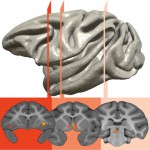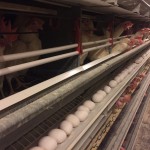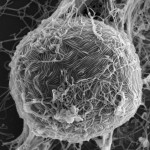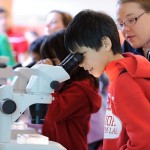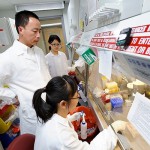Tag Animal research
Fragile X proteins involved in proper neuron development
Fragile X syndrome is the most common inherited intellectual disability and the greatest single genetic contributor to autism. Unlocking the mechanisms behind fragile X could make important revelations about the brain.
Two receive awards for research to benefit children
Two University of Wisconsin–Madison researchers have received three-year Hartwell Individual Biomedical Research Awards to support research into fungal disease and therapy for attention deficit hyperactivity disorder (ADHD).
Move over Mozart: Study shows cats prefer their own beat
As more animal shelters, primate centers and zoos start to play music for their charges, it’s still not clear whether and how human music affects animals. Now, a study from the University of Wisconsin–Madison shows that while cats ignore our music, they are highly responsive to “music” written especially for them. The study is online at Applied Animal Behaviour Science.
Laying a foundation for treating ALS, spinal cord injury
Su-Chun Zhang, a professor of neuroscience and neurology at the University of Wisconsin–Madison Waisman Center, and his research team have published a unique model for learning more about the role of human astrocytes today in the Journal of Clinical Investigation today. The findings may lay a foundation for the treatment of a number of neurodegenerative diseases, including ALS (amyotrophic lateral sclerosis) and debilitating spinal cord injuries.


